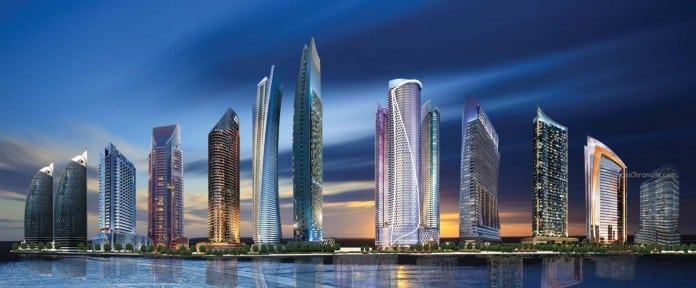
The new economic reality of lower oil prices will constrain the amount of funding available to the Gulf Cooperation Council’s (GCC) governments to finance capital and infrastructure projects it the region. These governments will hence have to make tough choices such as cuts in public spending and introduction of structural reforms.
“Spending in the region will need to be better prioritized in order to ensure it meets social and economic development. Governments will have to seek for the private sector involvement, innovate and find alternative funding sources to fund their project requirements,” explains Cynthia Corby, Audit partner and Middle East Infrastructure and Capital Projects leader at Deloitte.
These findings appeared in Deloitte Middle East’s newly released annual publication: “GCC Powers of Construction 2016: The funding equation”. The Deloitte Middle East Powers of Construction report serves as a comprehensive review of the construction industry for the sector’s leaders and shareholders. It is based on data gathered from surveys and supported by interviews with some of the most prominent construction industry leaders from the region as well as articles and interviews examining key industry trends.
According to the Deloitte report, the announced country budgets for 2016 outline cuts on spending imposed by low oil prices, but in a measured way, as well as the introduction of new income sources. Saudi Arabia (KSA) is planning to reduce spending by 11 percent this year to US$227 billion. As part of its Vision 2030 plan, the country aims to increase overall non-oil government revenue from SR163 billion (US$43.5billion ) to SR600 billion by 2020, and to SR1 trillion by 2030. Privatization of government services to encourage private sector investments – both local and international – in healthcare, housing, finance and energy sectors were announced as a key focus area for KSA. The country has gradually cut energy subsidies and increased energy prices to raise income.
The United Arab of Emirates (UAE), the most diversified economy among the GCC countries, is set to register the first current account deficit in decades, which is expected to widen to AED129 billion this year. The IMF has urged the UAE to pursue growth-enhancing reforms and advance economic diversification. In 2015, fuel subsidies were eliminated which has produced significant savings.





































